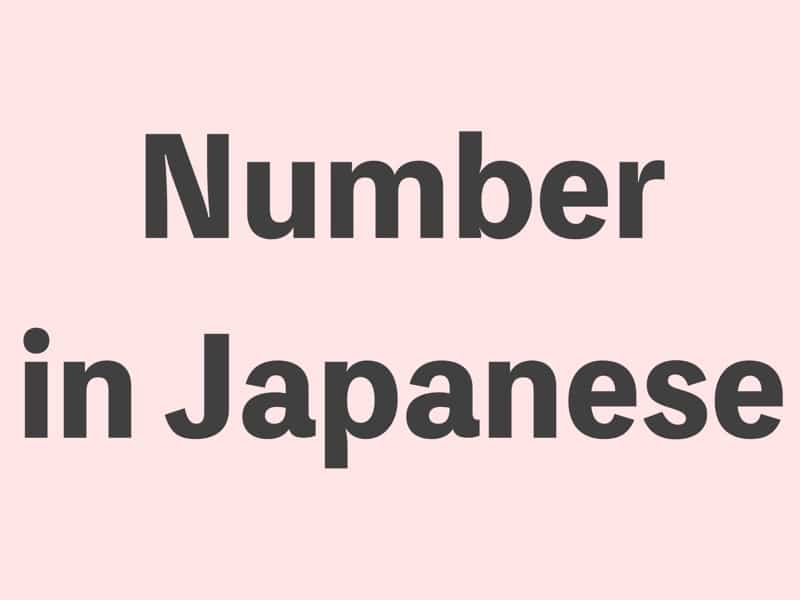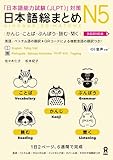Learning numbers in Japanese is a fundamental skill that enhances your ability to communicate effectively in various situations. From counting everyday items to discussing prices, dates, and times, understanding numbers is crucial for navigating life in Japan. In this guide, we’ll cover the essential numbers, their pronunciation, and practical tips to help you master this important aspect of the language. Let’s embark on this journey to unlock the world of Japanese numbers!
JLPT Textbook Recommendations
Japanese Numbers list
In Japanese, the numbers 4 and 7 have two pronunciations depending on the context, especially when counting objects. However, if you are simply counting numbers, you can use either pronunciation:
| 1 | ichi | 10 | jū | 100 | hyaku | 1000 | sen | 10000 | ichi man |
| 2 | ni | 20 | ni jū | 200 | ni hyaku | 2000 | ni sen | 20000 | ni man |
| 3 | san | 30 | san jū | 300 | san byaku | 3000 | san zen | 30000 | san man |
| 4 | yon / shi | 40 | yon jū | 400 | yon hyaku | 4000 | yon sen | 40000 | yon man |
| 5 | go | 50 | go jū | 500 | go hyaku | 5000 | go sen | 50000 | go man |
| 6 | roku | 60 | roku jū | 600 | roppyaku | 6000 | roku sen | 60000 | roku man |
| 7 | nana / shichi | 70 | nana jū | 700 | nana hyaku | 7000 | nana sen | 70000 | nana man |
| 8 | hachi | 80 | hachi jū | 800 | happyaku | 8000 | hassen | 80000 | hachi man |
| 9 | kyū | 90 | kyū jū | 900 | kyū hyaku | 9000 | kyū sen | 90000 | kyū man |
Logic of Japanese numbers
In Japanese, you can easily count from 11 and beyond by combining the word for ten (じゅう, jū) with the numbers 1 through 9.
- 11: じゅういち (jū ichi) – ten plus one
- 12: じゅうに (jū ni) – ten plus two
- 13: じゅうさん (jū san) – ten plus three
- 14: じゅうよん (jū yon) – ten plus four
- 15: じゅうご (jū go) – ten plus five
- 16: じゅうろく (jū roku) – ten plus six
- 17: じゅうなな (jū nana) – ten plus seven
- 18: じゅうはち (jū hachi) – ten plus eight
- 19: じゅうきゅう (jū kyū) – ten plus nine
- 20: にじゅう (ni jū) – two tens
- 21: にじゅういち (ni jū ichi) – twenty plus one
- 22: にじゅうに (ni jū ni) – twenty plus two
- 23: にじゅうさん (ni jū san) – twenty plus three
- 24: にじゅうよん (ni jū yon) – twenty plus four
- 25: にじゅうご (ni jū go) – twenty plus five
- 26: にじゅうろく (ni jū roku) – twenty plus six
- 27: にじゅうなな (ni jū nana) – twenty plus seven
- 28: にじゅうはち (ni jū hachi) – twenty plus eight
- 29: にじゅうきゅう (ni jū kyū) – twenty plus nine
- 30: さんじゅう (san jū) – three tens




コメント